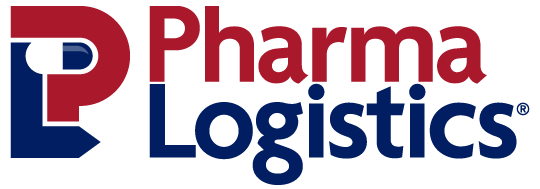Drug shortages continue to be a growing problem for the healthcare industry. 2019 saw a total of 166 new drug shortages appear, with 264 active shortages still unsolved by Q4 of last year. Every new shortage can lead to another bout of delayed treatments, medication and dosing errors, and rising costs for drug alternatives.
The hard truth is that patients still need their medication, whether there is a shortage or not. They’re directly impacted by delayed treatments and rising out-of-pocket costs, not to mention the literal pain that they could experience if any adverse effects occur. Stepping into the mind of a patient, think of how you would perceive your doctor if any of the following happened to you:
- You got a phone call telling you your important surgery was delayed due to lack of medications needed for the operation
- You have to make return trips to the hospital to get new tests or prescriptions as your doctor tries to figure out a drug alternative
- Your condition advances due to delayed treatment
You wouldn’t be happy, would you? Any of these things can push a patient to file a complaint against their doctor and give negative online clinician reviews. With 70 percent of patients reporting that online reviews are crucial to selecting healthcare providers, those jaded reviews can quickly lead to lost business.
While there isn’t a lot that a single clinician or institution can do to get rid of drug shortages entirely, there are a number of things that can be done to minimize a patient’s perception of the problem. This all starts with better communication. If drug shortages are affecting patient care in any way, make sure to be clear with them on what is happening and how efforts are being made to lessen the burden on them. Any medical staff that speaks with a patient should be properly educated on what’s going on as well so that they can best keep patients informed. This also means having good relationships between clinicians and pharmacists. With more and more practices handing off medication reviews to a patient’s pharmacy, interdisciplinary communications are critical. The last thing you want is to give conflicting information to a patient, or worse, no information at all.
While this may sometimes feel like putting a band-aid on a much bigger problem, it’s best to address the problem as best you can rather than letting the issue fester until a patient lashes out. Every little bit helps.

